News
Estimating agricultural nutrient inputs across Panama
December 2025
Jorge's paper, "Agricultural Drivers of Nitrogen Dynamics in Tropical Mangrove Watersheds", was just accepted in the Journal of Environmental Management. Congratulation to all authors: Jorge Manuel Morales-Saldaña (McGill, STRI), Hector Guzman (STRI), and Brian Leung (McGill)!
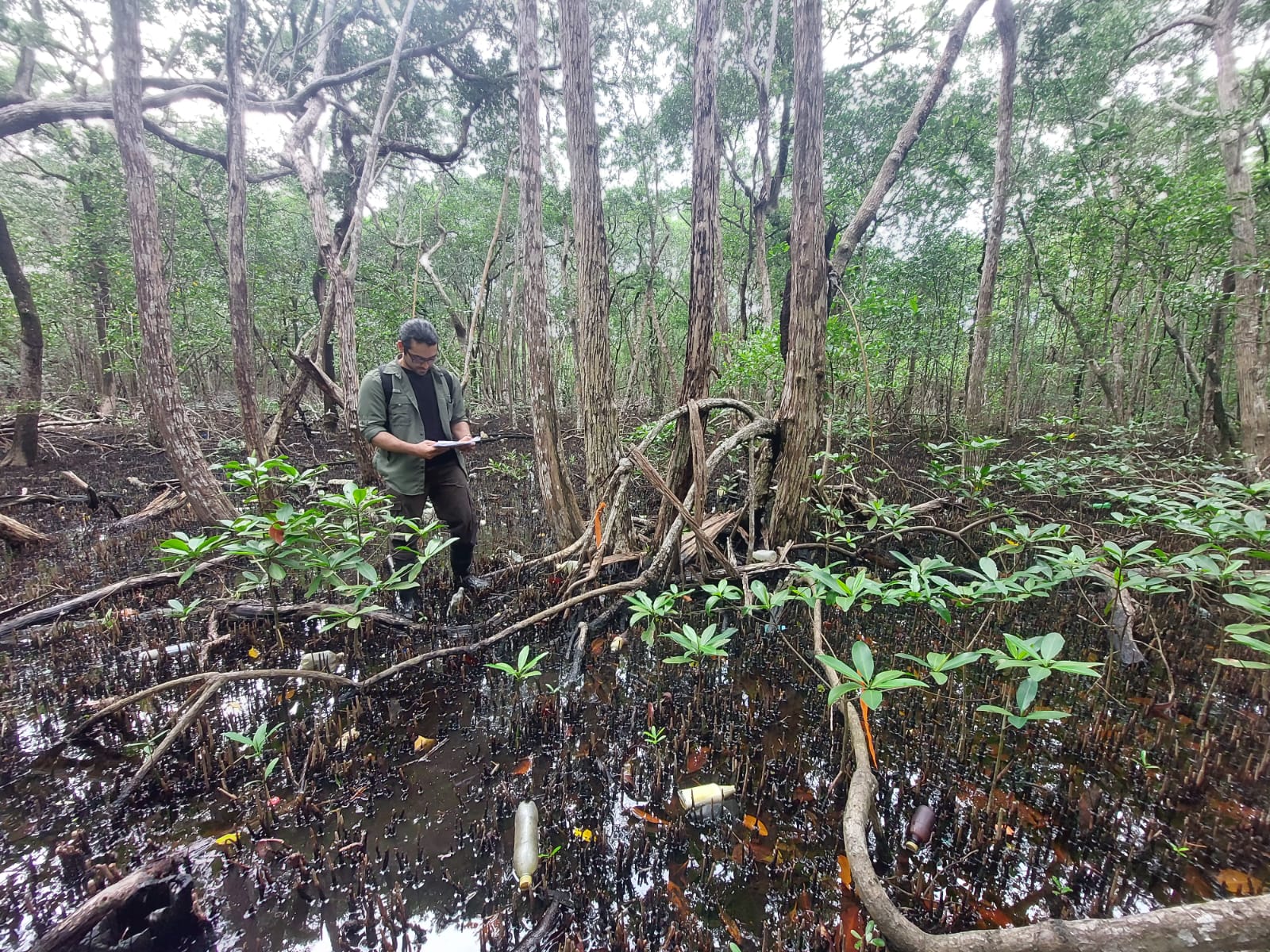
Jorge conducting fieldwork as part of this study
COP30: UN Climate Change Conference
November 2025
Ana Vitorino, PRISM team member, is on the ground at COP30 in Belém, Brasil!
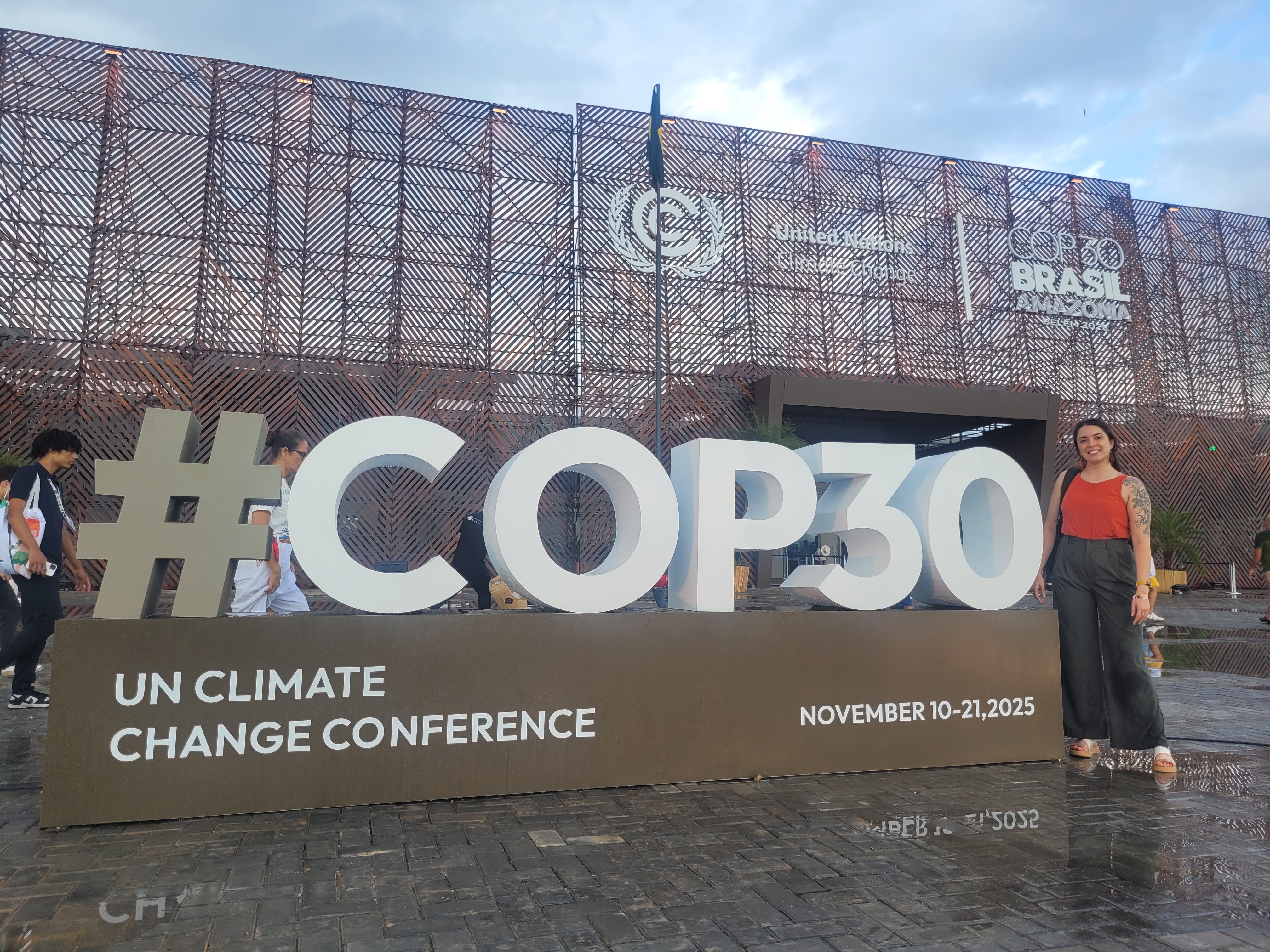
Sharing data on soil carbon stock density in mangrove and forested wetland ecosystems
September 2025
As part of PRISM’s ongoing work on mangrove conservation, Jorge Morales and Brian Leung have co-authored a new Scientific Data article, which was led by Jorge Hoyos-Santillan. The paper, "Soil carbon stock densities in mangrove and forested wetland ecosystems of Panama,” presents important field data that can help strengthen Panama’s national carbon accounting efforts.
Congratulations, Dr. Andrew Sellers!
September 2025
-

-
Andrew Sellers has completed his PhD at McGill University. Congratulations, Andrew!
He is now a postdoctoral researcher at the Smithsonian Tropical Research Institute in the O'dea Lab.
New PRISM team member
September 2025
-
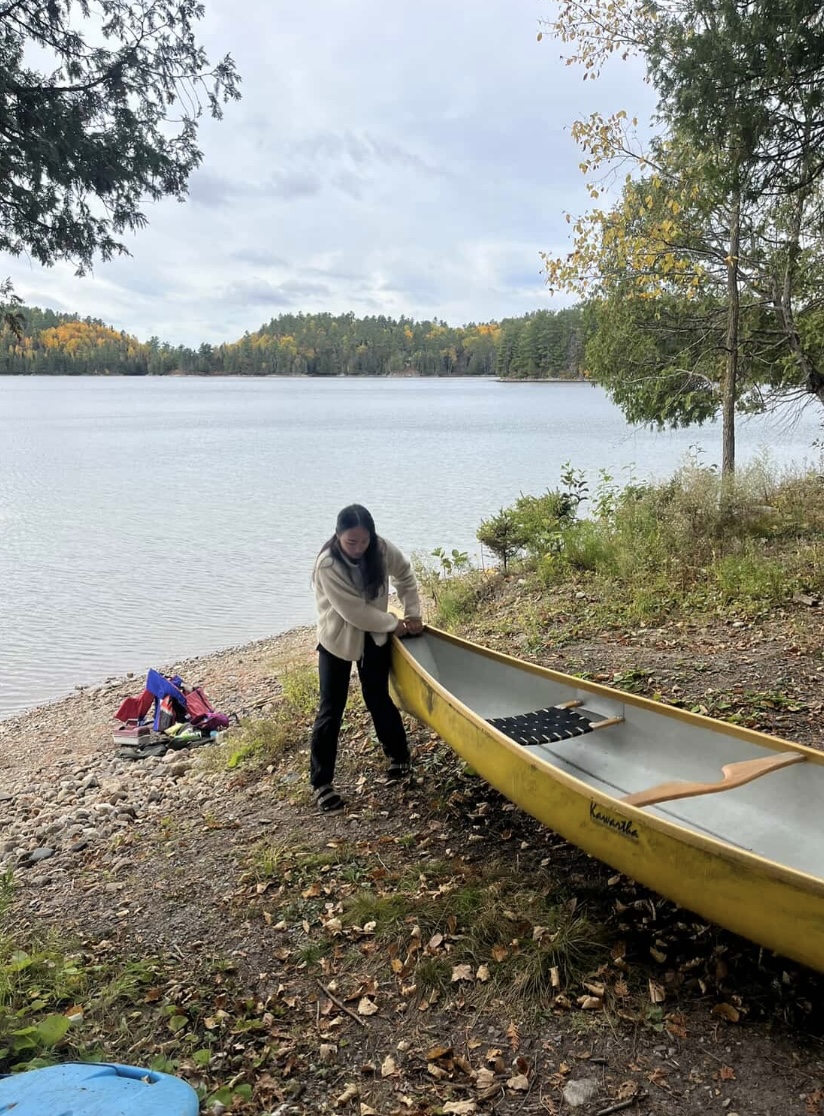
-
PRISM is welcoming Marie to the team! She is a student at McGill University, studying Biology and Mathematics.
New PRISM team member
August 2025
-
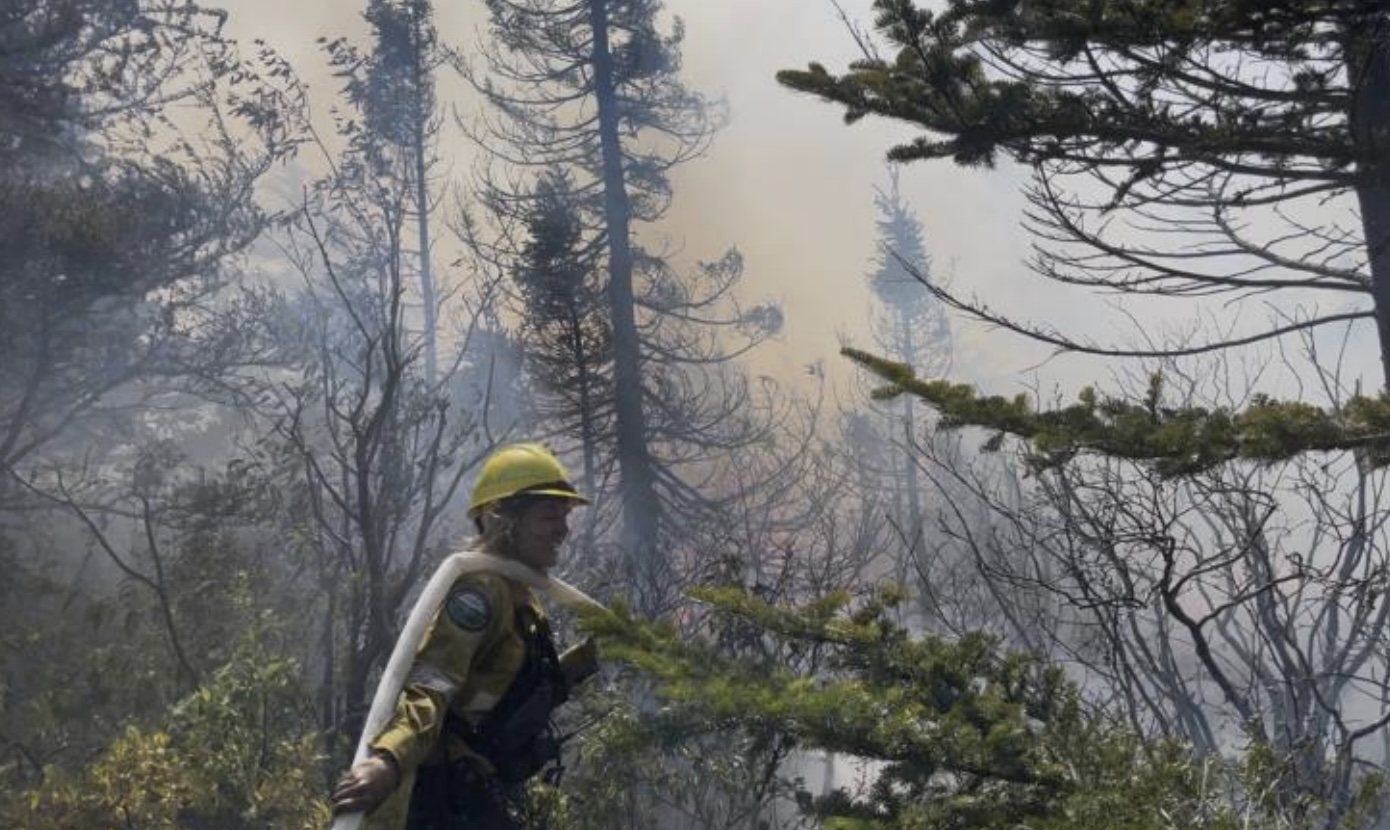
-
Jade Aitken is beginning her MSc in the Department of Biology at McGill University, in the Leung Lab. Her masters project will contribute to PRISM. She will be working on socio-ecological scenarios related to mining and agriculture in Panama. Welcome, Jade!
Barbados Field Work
August 2025
Isabella is headed to Barbados, where she will sample soils from August to September 2025 as part of her project on macrofaunal soil biodiversity.
Good luck, Isabella!
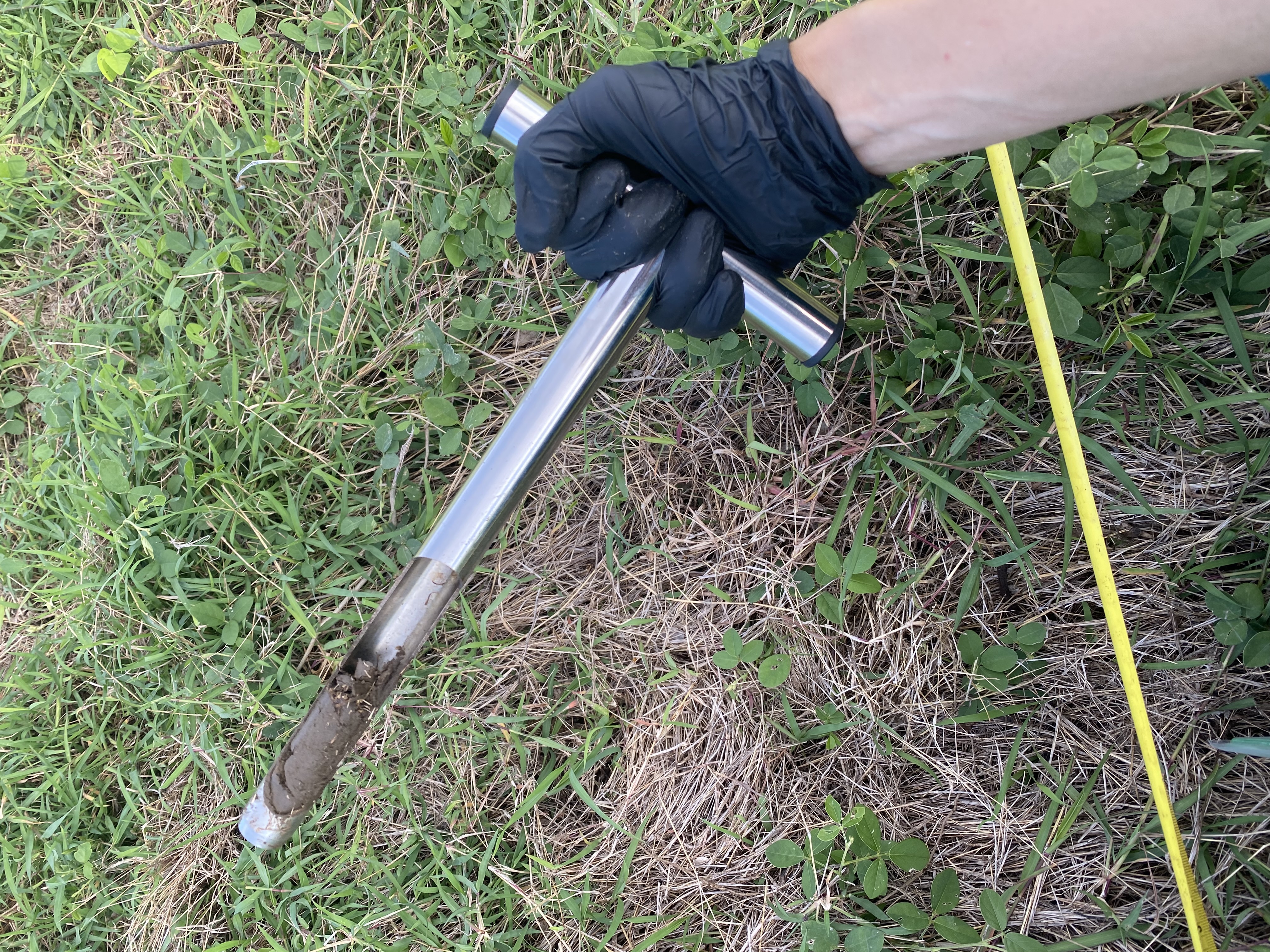
Ana wins the prize for best oral presentation at the 2025 CSEE annual conference!
July 2025
Ana presented her project on forest regrowth at the annual Canadian Society for Ecology and Evolution (CSEE) conference, and received the prize for best oral presentation. Congratulations, Ana!
Congratulations to Shriram Varadarajan for successfullly completing his PhD Qualifying Exam
June 2025
Congratulations to Shriram, PRISM team member and PhD student in the Leung Lab at McGill, for passing his PhD qualifying exam! His PhD research focuses on modelling jaguar movements, especially in the context of habitat fragmentation and connectivity. To read more about Shriram's project, see our project on animal movements and connectivity.
Welcoming PRISM's 2025 summer intern: Cristina Herrera González
Summer 2025
-

-
Law student Cristina Herrera González is PRISM’s 2025 summer intern. Welcome, Cristina!
Indigenous lands in Panama are linked to stable forests
January 2025
Camilo Alejo, who was previously an intern with PRISM, has published a new study in Ecology & Society: “Diverse values regarding nature are related to stable forests: the case of Indigenous lands in Panama”. Partly carried out through PRISM’s Indigenous land use project, the study shows how diverse values regarding nature, rooted in Indigenous worldviews, can help maintain stable forest cover, contributing to Indigenous peoples' quality of life, mitigating climate change, and conserving biodiversity.

Figure 1 (from the article): Study area. A. National scale of the study: Panama’s Indigenous lands, protected areas, and other lands. B. Local scale of the study: Indigenous lands (tierras colectivas) of Piriatí and Ipetí (Bayano watershed, Province of Pánama). C. Local scale of the study: Indigenous land (tierras colectivas) of Balsas (Balsas watershed, Province of Darién).
PRISM Workshop
November 2024
On November 25th and 26th 2024, PRISM held its fifth workshop at the Summit Rainforest and Golf Resort in Panama City.
The topics covered were as follows:
- Developing a forest “regrowth potential” map for Panama
- Developing policy brief for Maje Watershed Land Use Plan (i.e. : Plan de Ordenamiento)
- Exploring potential drivers of mangrove forest changes in Panama
- Climate change and planetary health: a panamanian perspective
- Puerto Barú development evaluation
- Parita Bay management
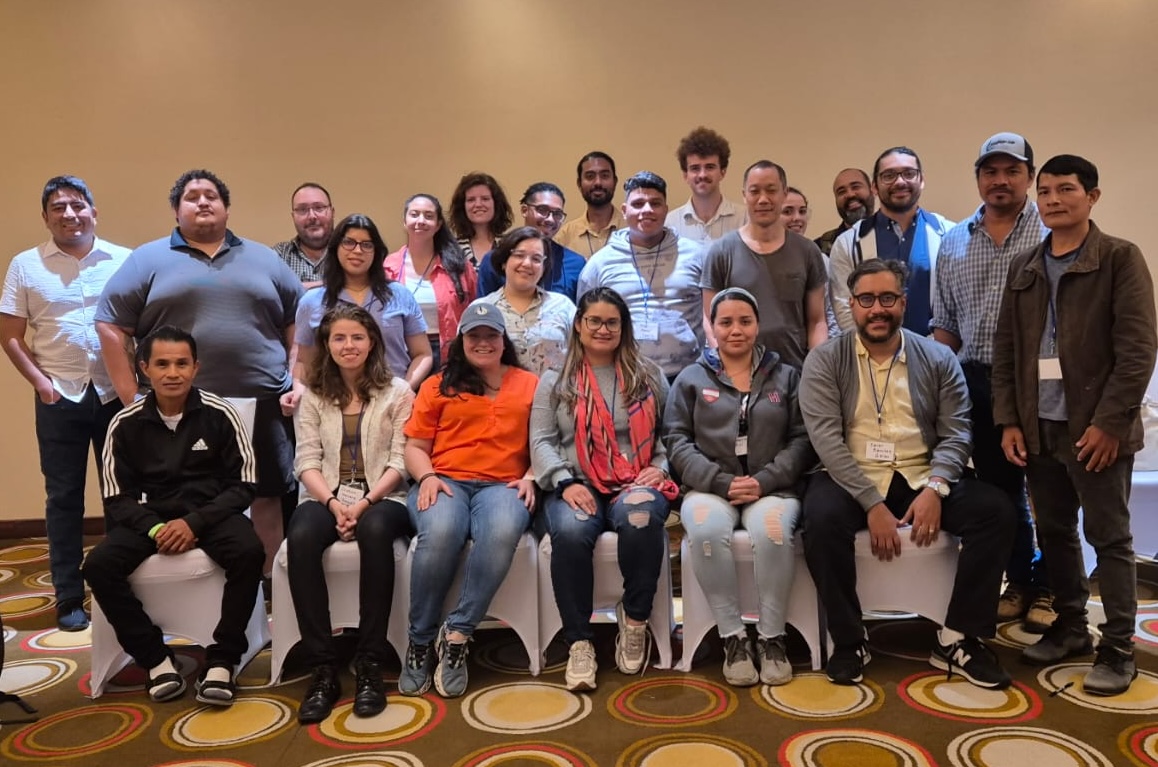
Figure: 2024 PRISM workshop participants
New PRISM team member
September 2024
-

-
Sami Sugiarta is joining the PRISM team. Sami is a student at McGill University, studying Environment and Computer Science. Welcome, Sami!
Panama Field Work
August 2024
PRISM team member Jorge is currently in Panama completing field work for his work on mangroves.
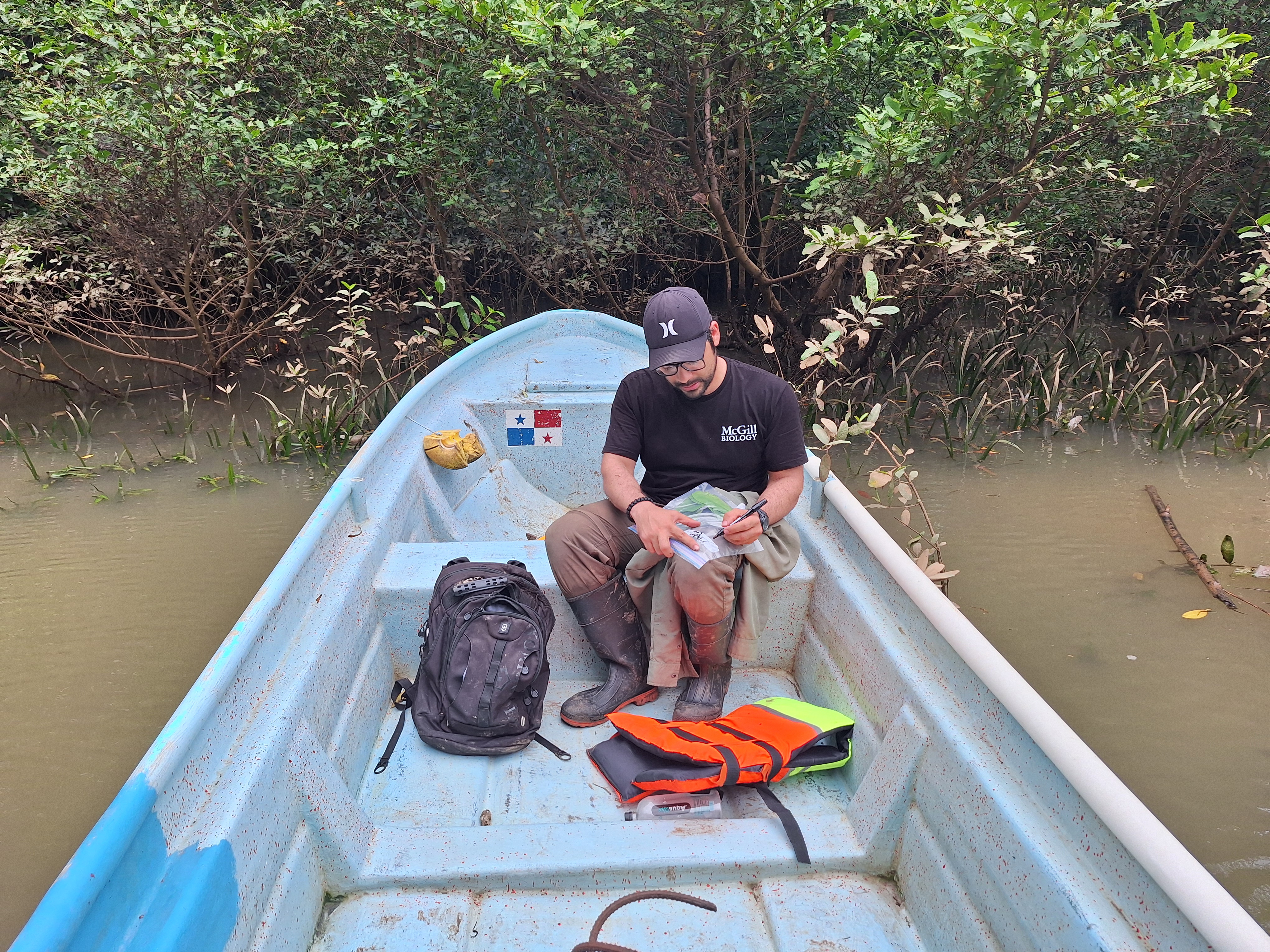
PRISM in National Geographic!
May 2024
One of PRISM's papers, "Global forecasts of shipping traffic and biological invasions to 2050", was mentioned in a recent National Geographic piece on whale shark conservation: "Whale sharks are vanishing without a trace. Here's what we know."
Panama Field Work
February 2023
Jorge is currently in Panama conducting interviews with local farmers as part of his project on farmer behaviours. Good luck, Jorge!
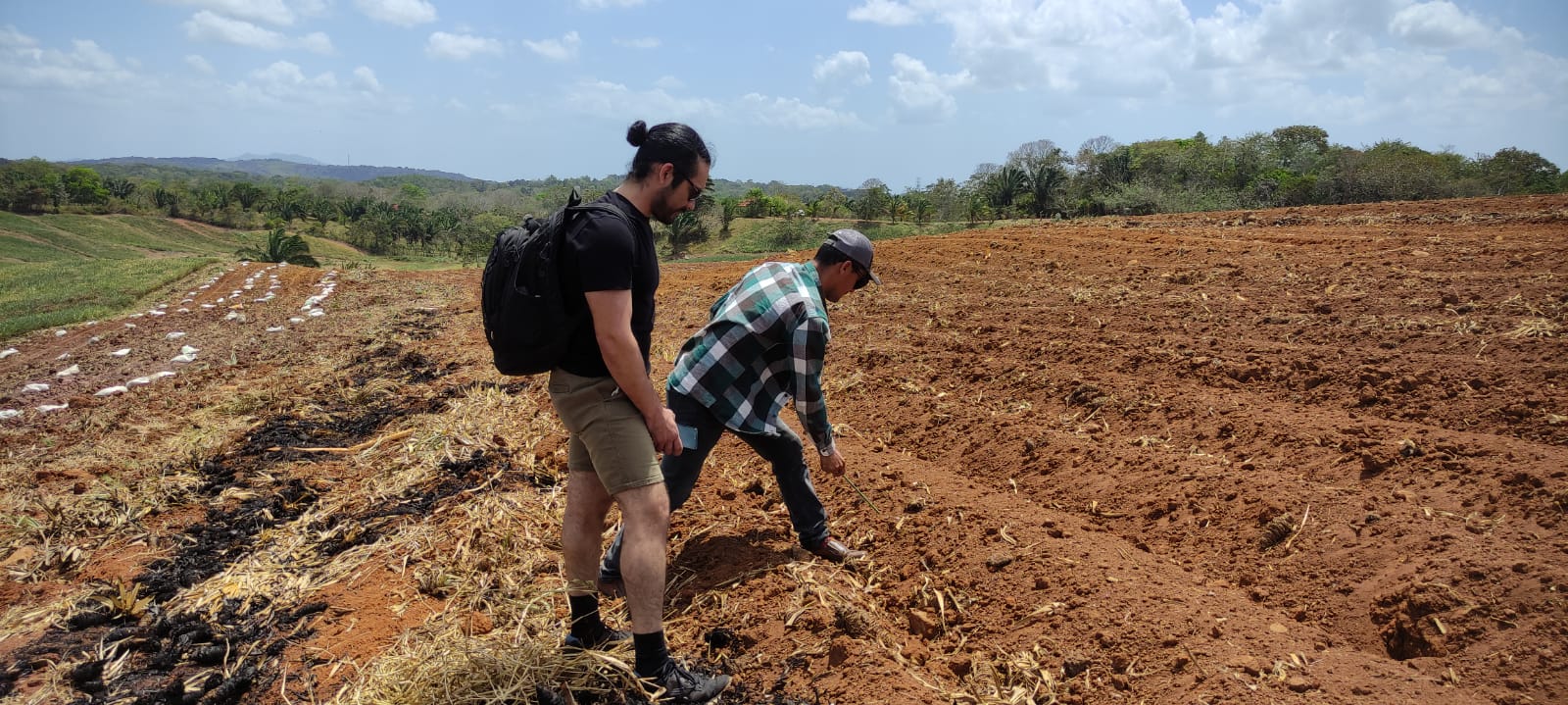
New publication estimating precipitation and water flow in Panama
PRISM's hydrology project has just published a paper: "Precipitation interpolation, autocorrelation, and predicting spatiotemporal variation in runoff in data sparse regions: Application to Panama". Congratulations to all authors: Shriram Varadarajan, José Fábrega, and Brian Leung.
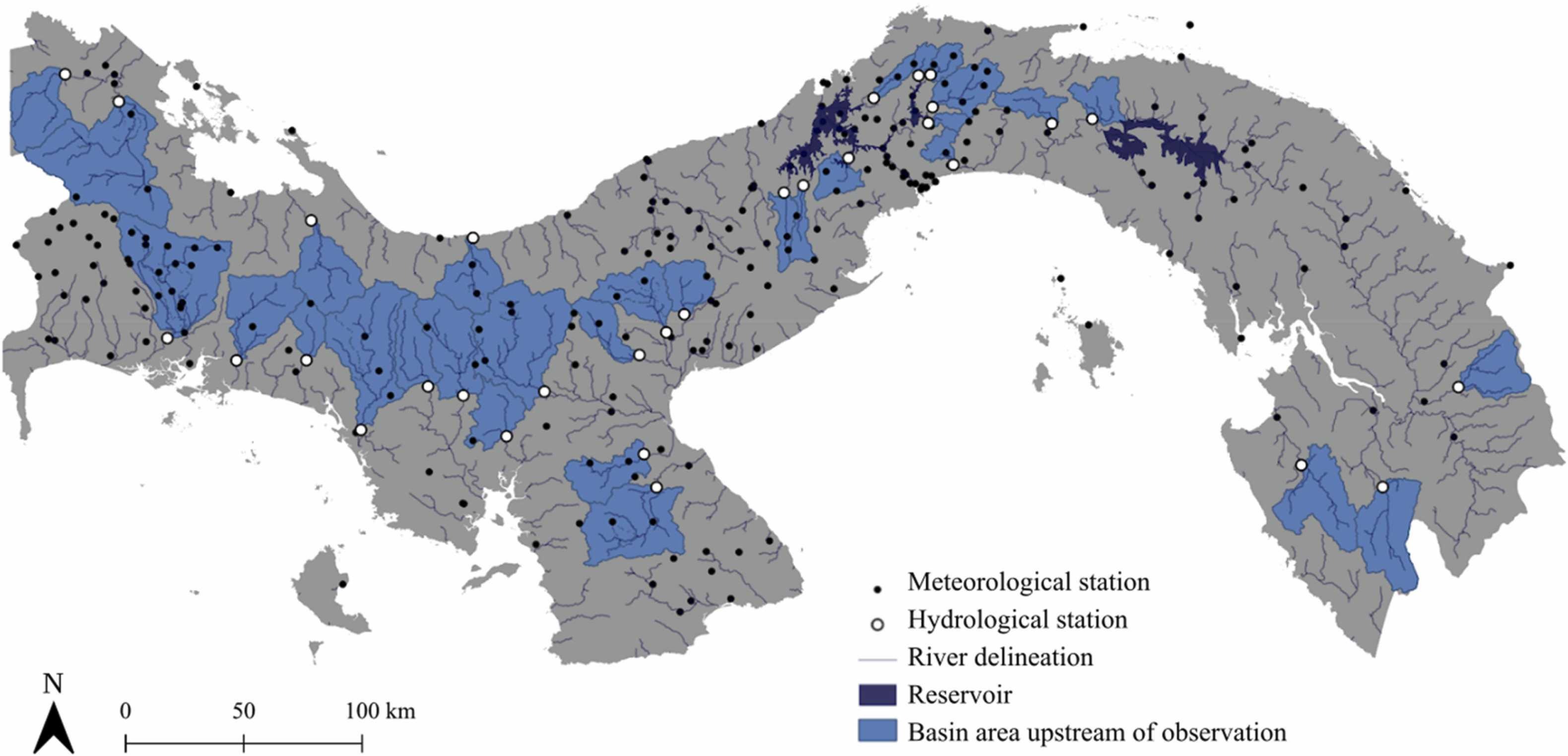
Figure 1 (from the paper): Map of meteorological and hydrological stations used in simulation. Basin area upstream of gauge locations used for validation highlighted in blue (30 basins), all other regions were ungauged for the period of 2005 – 2015. Not all meteorological stations are necessarily active at any given point.
Welcoming PRISM's 2022 summer intern, Camilo Alejo!
Summer 2022
Camilo Alejo, a PhD candidate in McGill’s Biology Department and in the Neotropical Environment Option, is PRISM’s intern for the summer.
PRISM Workshop
May 2022
The fourth PRISM workshop took place on May 30th 2022, in Ciudad del Saber, Panama City.
The list of topics covered in the workshop are as follows:
- Panama Canal, salinization, and biological invasions.
- Estimating nutrient inputs and mangrove dynamics
- Human health impacts of reforestation
- Marine trophic interactions and remote sensing
- Indigenous biocultural analysis and scientific biodiversity models
- Marine botanical layer and the potential for aquaculture